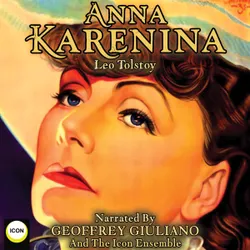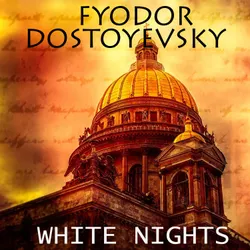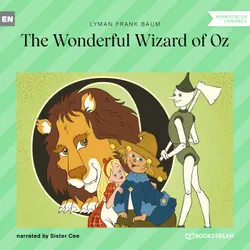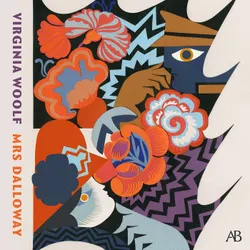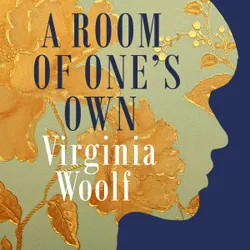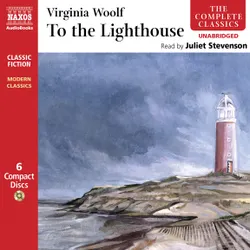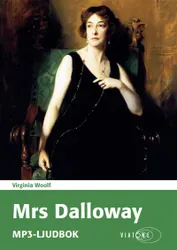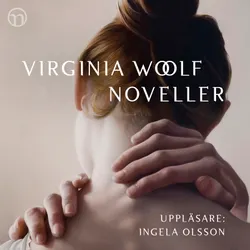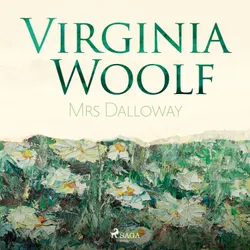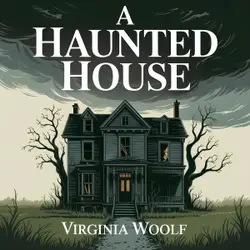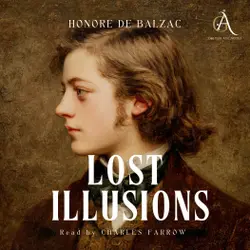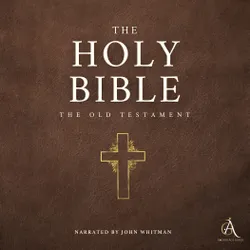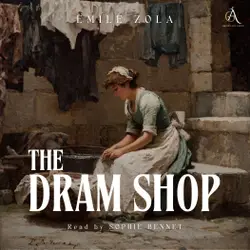Virginia Woolf's To the Lighthouse is a modernist masterpiece that captures the fleeting nature of time, memory, and human connection. Set on the Isle of Skye before and after the First World War, the novel follows the Ramsay family and their guests as they grapple with love, loss, and the inexorable passage of life. The long-delayed trip to the lighthouse serves as both a literal goal and a symbol of longing, distance, and change.
Told in Woolf's stream-of-consciousness style, the novel offers intimate glimpses into the shifting thoughts and emotions of its characters. The narrative moves fluidly between perspectives, revealing the hidden depths of ordinary moments and the unspoken tensions that shape relationships.
More than a story, To the Lighthouse is a meditation on art, existence, and the search for meaning in a transient world. Its lyrical beauty and profound insight have made it one of Woolf's most celebrated works, cherished by generations of readers and listeners alike.





